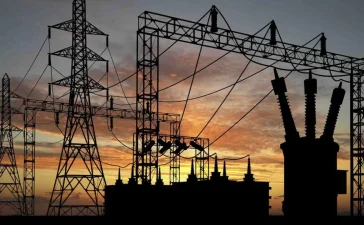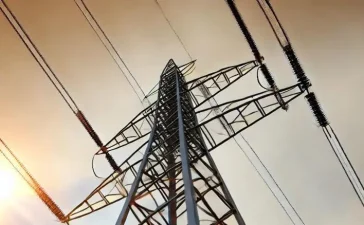Data-Driven Policies to Transform Nigeria’s Oil and Gas Industry Investment
Nigeria is calling for the use of systematic data analysis to shape informed policies in the oil and gas sector, ensuring that investment decisions support both economic growth and environmental sustainability.
At the forefront of this effort, the Nigerian government is leveraging content analytics to guide its fiscal framework and create policies that drive efficient energy investments without harming the environment.
Olu Verheijen, the Special Adviser to President Bola Ahmed Tinubu on Energy, made this call during a session at CERAWeek by S&P Global in Houston, Texas, on Tuesday.
The session, themed “Policy and People: Pathways to a Just Transition,” saw Verheijen share Nigeria’s experiences in developing its oil and gas industry while emphasizing policies that promote climate resilience.
Verheijen highlighted that despite Africa’s growing economic potential, the continent remains a minor contributor to global emissions.
“Even if Africa experiences exponential economic growth and reaches middle-income status, it will still not be a major contributor to global emissions,” she reassured the audience.
She reiterated the government’s commitment to creating an enabling environment for hydrocarbon investments aimed at addressing energy poverty, all while aligning with global climate goals.
The session, chaired by Vera Blei, Head of Market Report & Trading Solutions at S&P Global, featured prominent speakers such as Scott Tinker, CEO of Tinker Energy Association, and Sunita Narain, Director-General of the Centre for Science and Environment.
Together, they discussed the global push for net-zero emissions and the challenges faced by African and middle-income nations in balancing energy access and sustainability.
As part of its “Decade of Gas” initiative, Nigeria has adopted natural gas as a transition fuel to support its economic growth while reducing carbon emissions.
Verheijen explained that while Africa and other low-income nations contribute only 3-4% of global greenhouse gas emissions, developed countries like China and the United States are responsible for nearly 40% of global CO₂ emissions.
“Nigeria is committed to fostering a stable investment climate and addressing climate risks through transparent, long-term policies,” Verheijen stated.
She also emphasized the importance of regional integration to create a larger, more attractive market for investment. By pooling resources and collaborating across African nations, Nigeria aims to strengthen market efficiency and attract more sustainable investments.
One key element to achieving these goals is better data collection and analysis across Africa, which will provide the foundation for informed decision-making and effective policy development.
Verheijen stressed that the energy transition must be approached in a balanced way, ensuring that developing economies can leverage their natural resources to drive prosperity while adopting climate solutions for long-term sustainability.
“Strategic investments and policy reforms are essential to bridging energy poverty, attracting investment, and supporting a more sustainable global energy transition,” she concluded.
With Nigeria leading the charge for smarter, data-driven policies, the country is positioning itself to be a key player in both the energy transition and the global fight against climate change.







